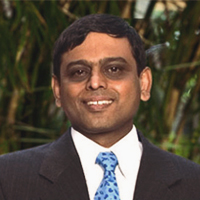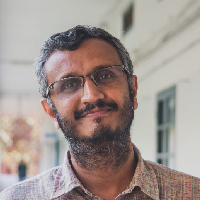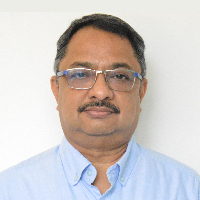|
WEEK 1
|
Consumption and demand: Micro & Macro economics: the role of data, production, consumption and exchange, consumption baskets, sources of consumer survey data
|
|
WEEK 2
|
Micro-economic concepts: Utility: cardinal vs ordinal, indifference curves. Demand and supply curves, changes in demand and elasticity. production cost, cost curves. Make vs buy decisions, production quantity decisions
|
|
WEEK 3
|
Firm level strategies and performance data: Objectives and types of pricing strategies, analysis of firm performance - key ratios. Analysis examples: Ultratech, Page Industries, Nestle, TCS
|
|
WEEK 4
|
Analysing industry level data: Industry definition and classification codes, IIP and PMI, industry market structure and concentration indices, competitive positioning in an industry - Porter's five forces. Analysis examples: Cement industry, Textile industry, FMCG industry, IT industry
|
|
WEEK 5
|
Case study 1 - Fabmart (E-Commerce): Introduction to E-Commerce, Fabmart case introduction, explanation of data set & questions to be answered, revenue pareto, volume pareto, scatter plot of sales and revenue, revenue trend
|
|
WEEK 6
|
Fabmart case continued: Sales analysis, organisation of distribution centre, analysis of sales trends, average days of inventory, ledger, avoiding stockouts
|
|
WEEK 7
|
Case study 2 - Ace Gears (Manufacturing): Introduction to the manufacturing sector, context of the automotive industry during the years 2019-2021, explanation of data set containing monthly information on sales, production, inventory and costing. Revenue trend analysis, portfolio management
|
|
WEEK 8
|
Ace Gears case study continued:
Regional sales analysis, sales agent planning, production scheduling, scrap analysis, unit level profitability analysis, raw material re-ordering and safety stock
|
|
WEEK 9
|
Case study 3 - Tech Enterprises (IT): Introduction to HR as a function, Introduction to the Tech Enterprises, internal sourcing, ranking of internal candidates, job description, sourcing channels and their analysis, recruitment process and onboarding
|
|
WEEK 10
|
Case study 4 - PayBuddy (Fin Tech): Introduction to Finance Industry and Fintech, payment processing and money flow, new credit product introduction, nudge economics, payment transaction and customer data set, identifying rules to target the appropriate customers
|
|
WEEK 11
|
Paybuddy case continued: Introduction to A/B testing, analysis of the A/B testing data, credit risk evaluation, risk-return tradeoffs
|
|
WEEK 12
|
Discussion on student acquired data sets. Wrap upaWrap up (summary) of the case studies, course project work
|





